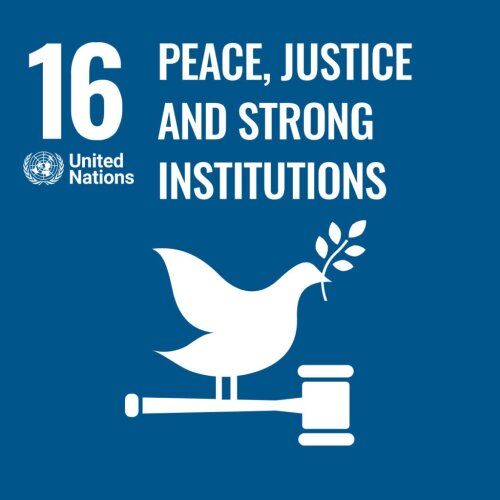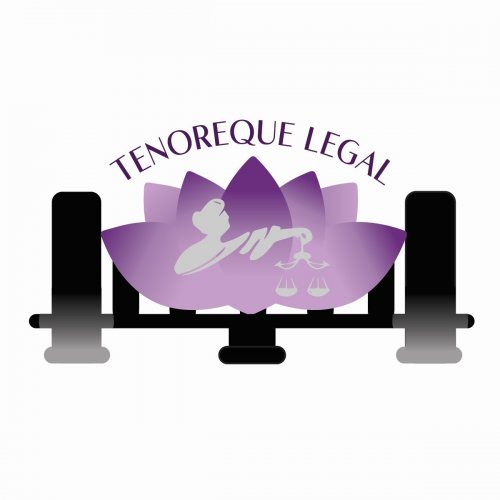Best International Trade Law Lawyers in Trinidad and Tobago
Share your needs with us, get contacted by law firms.
Free. Takes 2 min.
Or refine your search by selecting a city:
List of the best lawyers in Trinidad and Tobago
About International Trade Law in Trinidad and Tobago
International Trade Law in Trinidad and Tobago encompasses the rules and regulations that govern trade between Trinidad and Tobago and other nations. This includes treaties and agreements such as the World Trade Organization (WTO) commitments, bilateral trade agreements, and regional frameworks like the Caribbean Community (CARICOM). The legal landscape aims to facilitate smooth and fair trading practices, addressing issues such as tariffs, import/export regulations, and customs procedures. As a dynamic area, it is influenced by both domestic legislation and international obligations, making it essential for stakeholders in trade to understand both local and international contexts.
Why You May Need a Lawyer
There are numerous situations where individuals or businesses may require legal assistance in International Trade Law:
- Dispute Resolution: Handling disagreements that may arise between trading partners or with regulatory bodies.
- Compliance: Ensuring all operations are compliant with both local laws and international agreements.
- Contract Negotiations: Drafting and negotiating international sales agreements and understanding the implications of international trade terms.
- Customs issues: Addressing problems related to the classification, valuation, and clearance of goods.
- Intellectual Property: Protecting trademarks and patents in international transactions.
- Anti-Dumping and Safeguard Measures: Managing cases relating to unfair trade practices.
Local Laws Overview
Key aspects of local laws relevant to International Trade Law in Trinidad and Tobago include:
- Customs Act: Governing the importation, exportation, and related processes. Compliance is crucial for businesses engaging in international trade.
- Fair Trading Act: Ensuring competitive practices and preventing anti-competitive agreements in the market.
- Standards Act: Dictating the standards for import and export goods to ensure quality and safety.
- Trademarks Act and Patents Act: Providing the framework for protecting intellectual property rights to foster innovation and fair trade.
Frequently Asked Questions
What is the first step in solving a trade dispute?
Engaging a lawyer familiar with both international and local trade laws to evaluate the situation and propose a suitable resolution strategy.
How do tariffs affect my business?
Tariffs are taxes imposed on imported goods and can impact the cost of goods sold and overall pricing strategy of your business.
Does Trinidad and Tobago participate in free trade agreements?
Yes, Trinidad and Tobago is a part of several free trade agreements, including CARICOM and bilateral agreements which aim to reduce trade barriers.
What are the risks of non-compliance with international trade laws?
Non-compliance can lead to penalties, legal disputes, loss of trading privileges, and damage to business reputation.
How can I protect my intellectual property in international transactions?
Registering trademarks and patents locally, and ensuring they are respected under international agreements in other jurisdictions.
What documentation is required for exporting goods?
The required documentation generally includes invoices, bills of lading, export licenses, and certificates of origin.
How can I contest an unfavorable tariff classification?
Consult with a trade lawyer who can appeal the classification under local customs regulations.
What are the implications of anti-dumping laws?
Anti-dumping laws are put in place to prevent importation of goods at unfairly low prices, impacting local industries.
How are trade-related disputes resolved?
Disputes can be resolved through negotiation, mediation, arbitration, or litigation, depending on the terms of the trade agreement.
What role does the WTO play in Trinidad and Tobago's trade law?
The WTO provides a framework for international trade, affecting rules and dispute resolution, ensuring compliance with global trade standards.
Additional Resources
For more information, you may refer to the following resources:
- Ministry of Trade and Industry: They provide information and guidance on trade policies and agreements.
- Customs and Excise Division: Responsible for the administration and enforcement of customs laws.
- TTMA - Trinidad and Tobago Manufacturers’ Association: A source of networking and advocacy for manufacturers engaged in trade.
Next Steps
If you require legal assistance in International Trade Law, consider the following steps:
- Identify Your Needs: Clearly define the trade issue or question you are facing.
- Consult a Specialist: Seek out a lawyer specialized in international trade to get professional advice and representation.
- Gather Documentation: Prepare any relevant documents, contracts, and communication records related to your trade activities.
- Follow-Up: Stay informed and engaged with your legal advisor to ensure proactive management of your trade-related issues.
Lawzana helps you find the best lawyers and law firms in Trinidad and Tobago through a curated and pre-screened list of qualified legal professionals. Our platform offers rankings and detailed profiles of attorneys and law firms, allowing you to compare based on practice areas, including International Trade Law, experience, and client feedback.
Each profile includes a description of the firm's areas of practice, client reviews, team members and partners, year of establishment, spoken languages, office locations, contact information, social media presence, and any published articles or resources. Most firms on our platform speak English and are experienced in both local and international legal matters.
Get a quote from top-rated law firms in Trinidad and Tobago — quickly, securely, and without unnecessary hassle.
Disclaimer:
The information provided on this page is for general informational purposes only and does not constitute legal advice. While we strive to ensure the accuracy and relevance of the content, legal information may change over time, and interpretations of the law can vary. You should always consult with a qualified legal professional for advice specific to your situation.
We disclaim all liability for actions taken or not taken based on the content of this page. If you believe any information is incorrect or outdated, please contact us, and we will review and update it where appropriate.
Browse international trade law law firms by city in Trinidad and Tobago
Refine your search by selecting a city.













